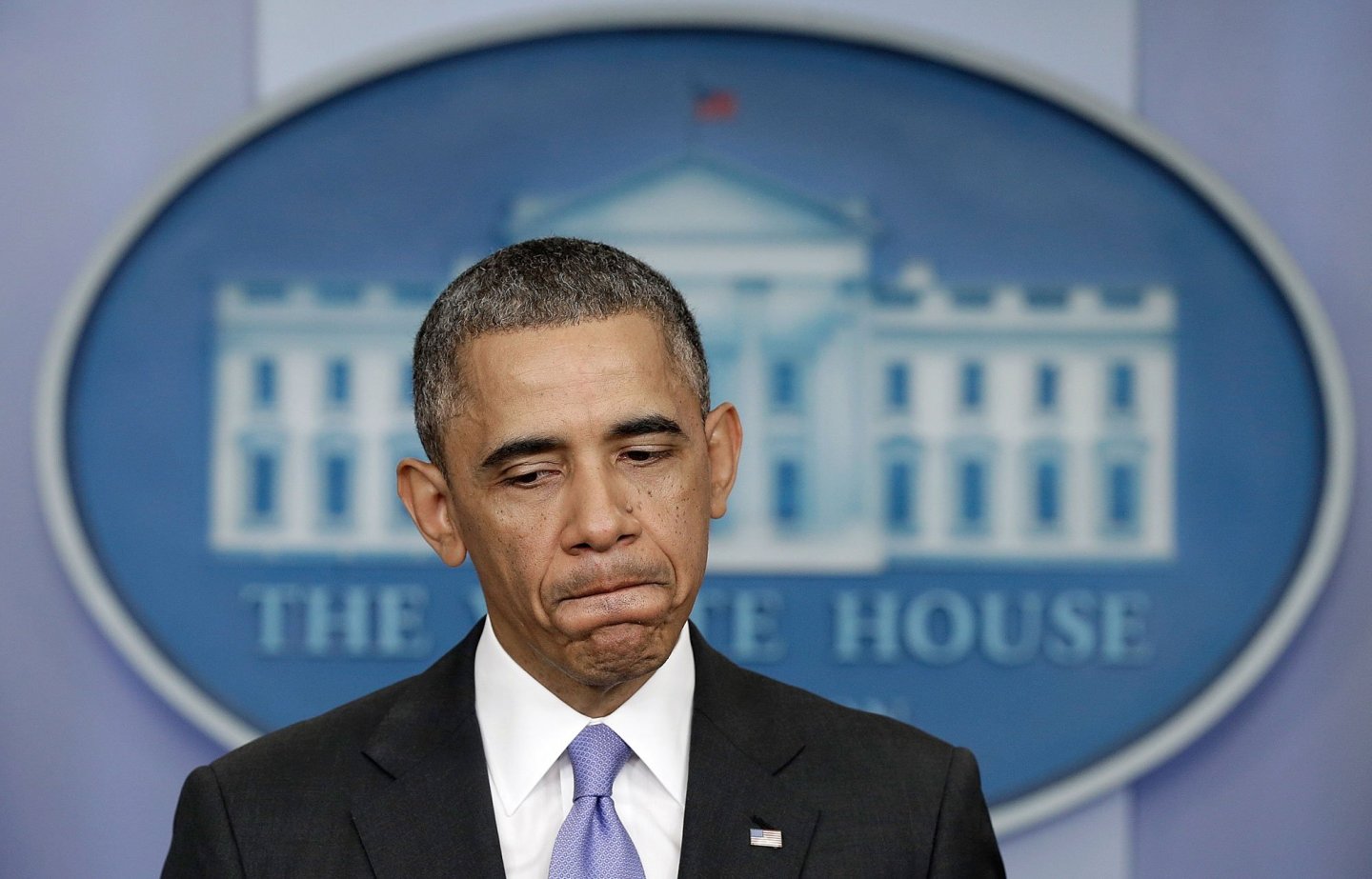Ever since the February 2013 State of the Union address, when President Obama announced his support for a higher minimum wage, the issue has captivated a nation worried over stagnating middle-class wages and income inequality.
It’s no surprise that Democrats across the country have clung to the issue, as it’s quite popular. A CNNMoney poll released Tuesday showed that 71% of Americans favor raising the minimum wage, including 54% of Republicans. Heck, even former Republican presidential hopefuls Mitt Romney and Rick Santorum have come out in favor of raising the wage floor.
But policy experts are less enthusiastic about the move. At a Coins2Day event on Monday, economists Peter Henry and Glen Hubbard (former Obama and George W. Bush advisors, respectively) agreed that there are more effective ways to help the working poor than raising the minimum wage.
And at a policy speech to business leaders on Wednesday morning, Treasury Secretary Jack Lew laid out a comprehensive plan for moving economic recovery into the next gear, making only passing reference to a minimum wage increase. Instead, Lew spent the majority of his time arguing that the main challenges facing the economy are slow growth within the labor force, a lack of business investment, and the deceleration of productivity growth and technological innovation. “Growth in our labor force has slowed considerably … since 2008 the labor force participation rate has actually fallen by 2.7 percentage points,” Lew said. “We need to do a better jobs helping workers who want to re-enter the workforce.”
Statements like these seem to bolster the case against raising the minimum wage, a policy that will almost certainly lead to a dip in employment. The Congressional Budget Office, for instance, estimated earlier this year that raising the minimum wage would lead to a total decrease of 500,000 jobs.
What will help boost wages without shedding jobs? A more robust Earned Income Tax Credit (EITC) as well as federal programs that help working parents like funding for early childhood education could help. A strengthened EITC would also provide workers with higher pay and thus give low wage earners more spending power, decreasing the need for a minimum wage hike altogether.
But advocating for larger refundable tax credits, as opposed to a higher minimum wage, is difficult for two reasons. One is that a higher minimum wage is simple for voters to understand and overwhelmingly popular. The other is that the costs of a higher minimum wage–like lower profit margins, higher prices, and lower employment–are shouldered by the entire economy and make no direct appearance on the federal budget. An expanded EITC, on the other hand, would have to be paid for with higher taxes or by adding to the deficit.
As Glen Hubbard said at the Coins2Day event on Monday:
“Reasonable people can disagree on employment effects of raising the minimum wage … some would suggest large [employment] losses, others negligible losses. If you really wanted to empower low income people, you would expand and make more work- oriented things like the earned income credit, because you’re not losing jobs when you do that.”
Hubbard said that minimum wage efforts distract politicians from more effective solutions for helping those at the bottom of the income scale. And listening to Lew’s 3,500-plus-word speech on Wednesday (of which he devoted just 20 words to the minimum wage) you get the sense that he doesn’t want policymakers to be focusing too much on minimum wage efforts, either. The popularity of a minimum wage hike makes it impossible for the Obama administration to ignore it as a political tool, but such raises won’t be all that effective at addressing what the Treasury Secretary says are our economy’s biggest challenges.
